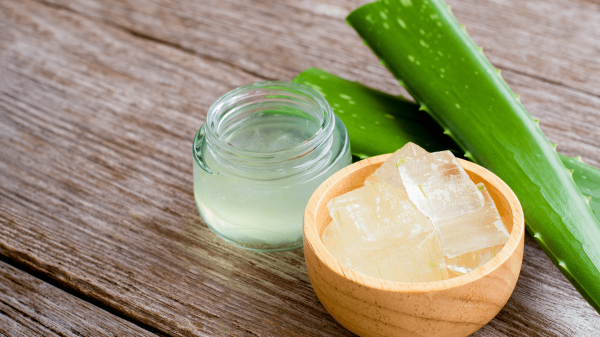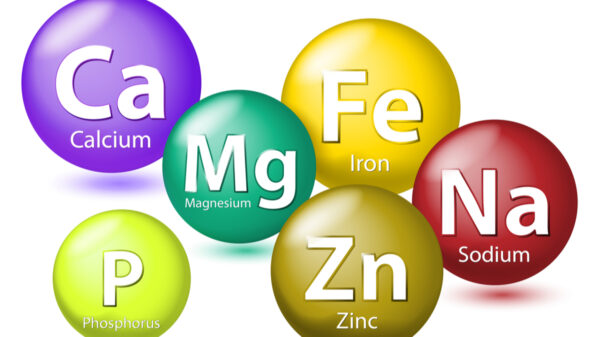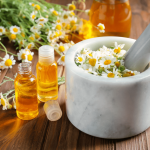Tea tree oil provides various health benefits to your body. Due to its anti-viral, anti-bacterial and anti-fungal properties, it has been used to treat minor cuts, blisters and even acne.
Now, this oil has been used all over in beauty and healthcare products due to its anti-bacterial characteristics.
Benefits of Tea tree oil
There are many benefits of tea tree oil such as:
1. Tea tree oil for acne
Tea tree oil has anti-bacterial and anti-inflammatory properties in nature, and due to these properties, it has been found to be extremely successful in combating acne-ridden skin.
It helps to unclog pores, fight skin rashes and overall heal your skin. Tea tree oil has its successful use as a skin purifier and zit zapper as well.
2. Tea tree oil for face
By healing your skin and removing dead skin cells, it provides you with a renewed look. Studies have indicated that the use of tea tree oil on the skin was found to be linked with hydrated and fresh skin.
In one comparative study between tea tree oil and benzoyl peroxide, it was found that the use of tea tree oil was associated with less dryness and flakiness of skin as compared to benzoyl peroxide.
3. Tea tree oil for cleaning of mitts
It is time to replace your current hand wash with this extremely beneficial alternative. Tea tree oil is anti-bacterial and anti-microbial in nature fights well with bacteria and viruses.
Tea tree oil can be included in your daily hand wash routine to give you some extra cleaning boost.
4. Tea tree oil soothes burn
Tea tree oil is also antiseptic in nature, and it can help to heal mild burns, sunburns and wounds when used in diluted form.
It is recommended not to use directly in the affected area. Keep it in your kitchen to get some instant relief if you ever get some mild burn.
5. Tea tree oil as Anti-inflammatory agent
Tea tree oil contains a compound called terpinen-4-ol accompanied by some anti-inflammatory abilities. Due to these properties, it helps to suppress inflammation and gives relief.
6. Tea tree oil for hair
Tea tree essential oil has now become an alternative to the other medical treatments for head lice problem. It has found to be extremely effective for this cause.
Tea tree oil also promotes the growth of healthy hair and prevents the hair loss problems.
7. Tea tree therapy for Nail fungus
Fungal infections are difficult to cure as they are time-taking as well. Studies have been done to compare the effects of cream containing tea tree oil (5%) and a synthetic anti-fungal called butenafine hydrochloride using a placebo effect. It has been understudy to find the effectiveness of tea tree oil.
Uses of tea tree oil
Tea tree oil can perform several purposes in your life. Here are some amazing benefits:
· Wound dressing
If you have got a minor cut or wound, you can apply few drops of tea tree oil onto the wound to treat inflammation and give you instant relief.
· Homemade mouthwash
You can make your own homemade mouthwash using tea tree oil. Just take two drops of tea tree oil and add it into a cup of water and use it as a mouthwash. Do not swallow it.
· Tea tree shampoo for dandruff
You can add few drops of tea tree oil into your daily shampoo routine to get rid of dandruff. Wash it with water later.
· Household cleaner
You can make an all-purpose cleaner for your home using this oil. Take a half cup of vinegar and add it to a cup of water.
Add almost 20 drops of tea tree oil into water and vinegar and mix them well. Just pour it into any spray bottle and use it as a cleaner.
Best tea tree oil
One of the best tea tree oils is:
- The body shop tea tree
Tea Tree Topical Side Effects
Tea tree oil is safe for its topical use on the skin. Some common side effects may include:
- Skin irritation, redness, rashes, itching or irritation
- Breathing difficulty, swelling of face, throat, mouth and lips (in severe cases)
- Seek emergency doctor’s help in the case of severe side
















